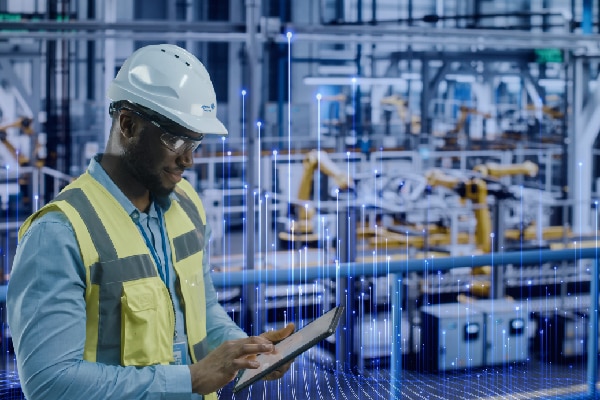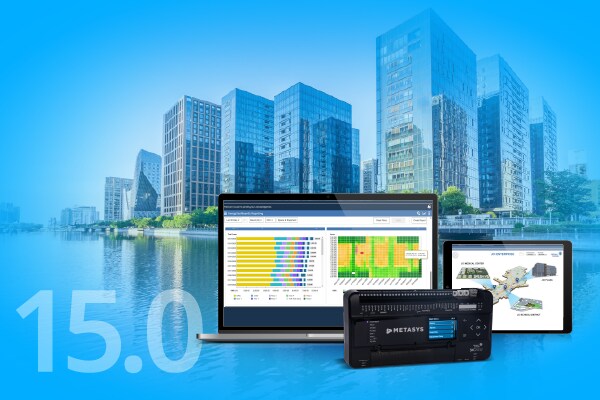Heat Pump or Boiler: What is the Business Case?
Managing energy consumption for the heating and cooling of buildings and industry is essential if nations are to achieve global carbon reduction and sustainability goals.
According to the International Energy Agency (IEA), almost a fifth of the growth in global energy use in 2018 was due to hotter summers pushing up demand for cooling, and cold snaps leading to higher heating needs. And looking at energy consumption by sector, data from the IEA’s World Energy Outlook 2019 shows that industry will replace the buildings sector as the biggest energy consumer by 2030.
The electrification of heat through heat pumps (HPs), where the electricity to drive the HPs comes from renewable sources, is therefore seen as a key technology in cutting carbon emissions in the industrial sector. Their use is also an integral part of decarbonising heat in the creation of smart, sustainable cities.
Driving the HP agenda
The growing movement of countries towards net zero carbon emissions by 2050 is likely to accelerate the replacement of fossil fuelled boilers with HPs. In the net zero 2050 (NZE2050) scenario of its latest World Energy Outlook 2020, the IEA forecasts that, together with other low-carbon heat sources, HPs displace an additional 80 Mtoe of fossil fuels on top of the 110 Mtoe reduction that occurs in its Sustainable Development Scenario between 2019 and 2030. In total, electricity and low-carbon fuels provide around one-quarter of heat demand in industry in 2030 in the NZE2050.
Europe, which is leading the move to be carbon neutral by 2050, has already committed to at least 40 percent cuts in greenhouse gas emissions (from 1990 levels) by 2030 and is proposing to increase this ambition to 55 percent under the European Green Deal (EGD). More recently it has also put climate change and the energy transition at the heart of its economic recovery from the COVID-19 pandemic, providing economic incentives for the implementation of low-carbon technologies and energy efficiency. HPs are an important part of the equation.





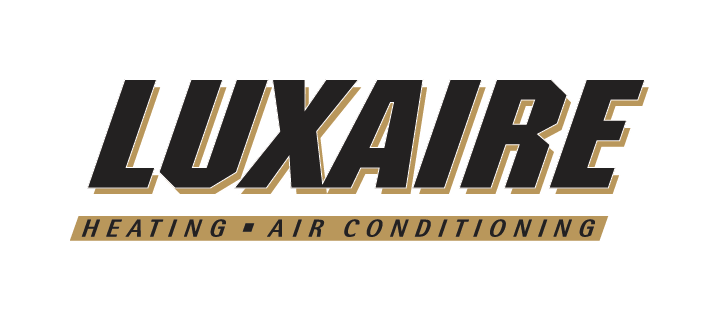




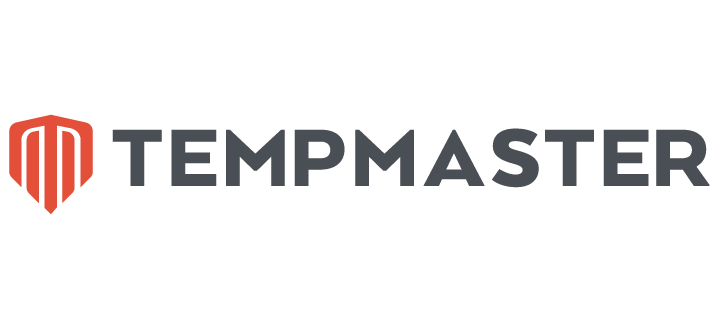









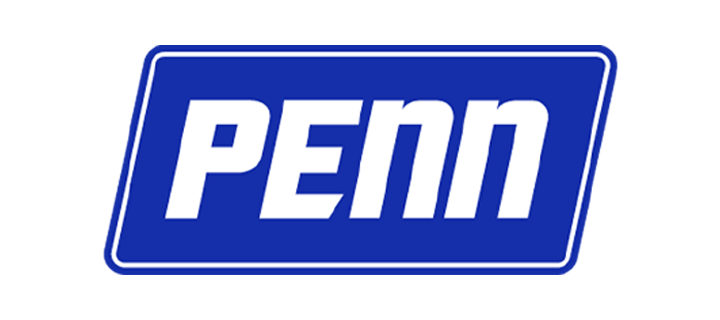

.jpg?la=en&h=320&w=720&hash=244C75B74F0F77521D56164450973BCD)

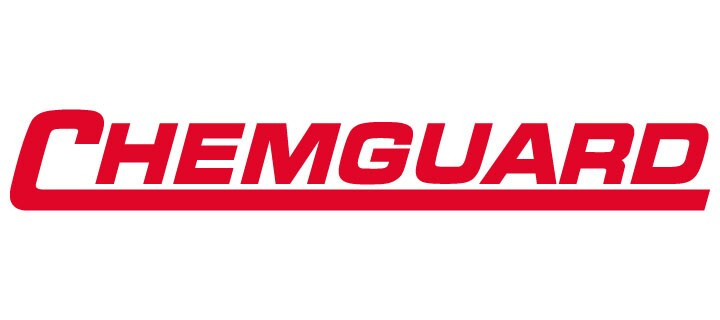
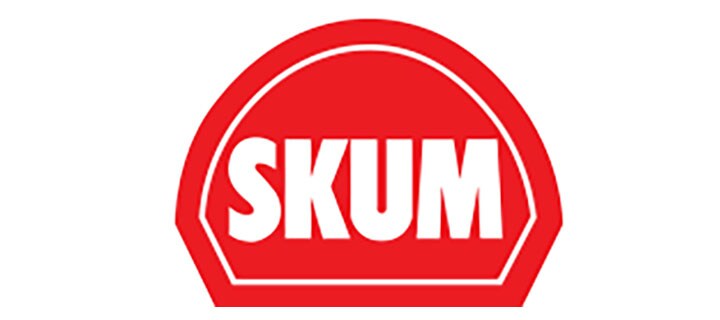


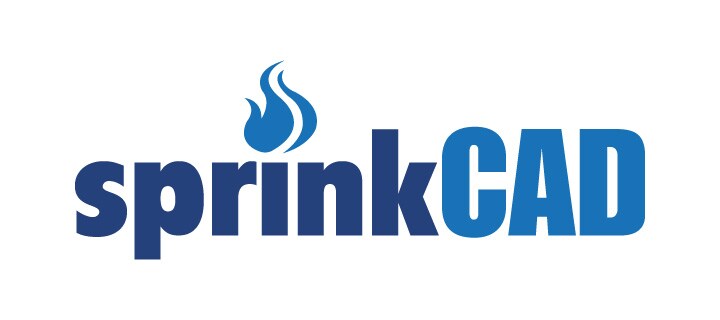
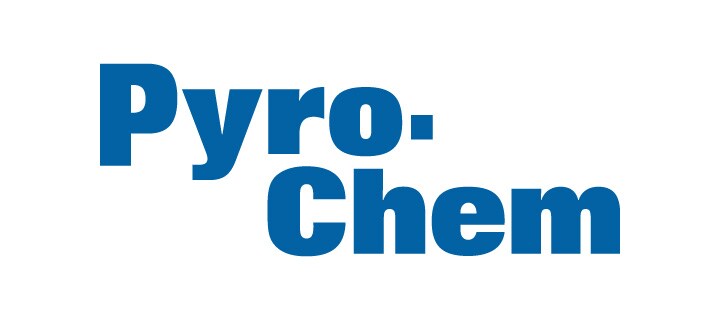




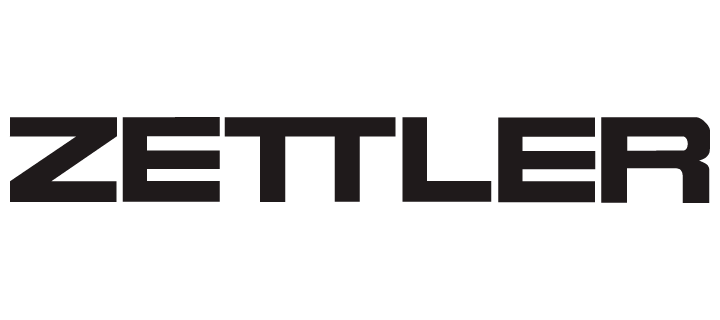


.jpg?la=en&h=310&w=720&hash=8D9823F26AA80B2B75C3E4B2E61770DC)


.jpg?la=en&h=320&w=719&hash=13CA7E4AA3E453809B6726B561F2F4DD)
.jpg?la=en&h=306&w=720&hash=F21A7CD3C49EFBF4D41F00691D09AEAC)

.png?la=en&h=320&w=720&hash=18CFCCD916C92D922F600511FABD775D)












